What Is a Ground Lease?
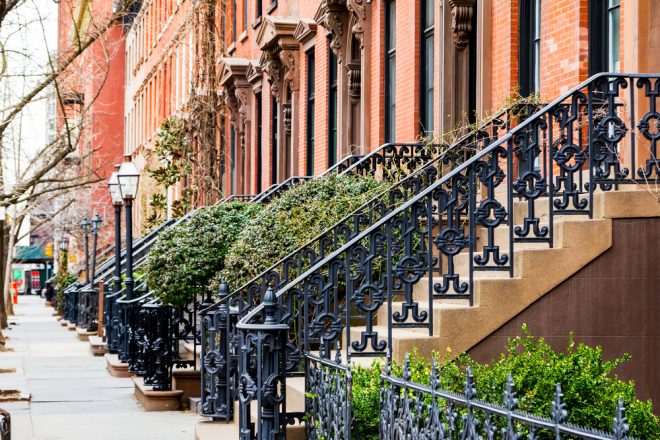
Do you know what a ground lease is? What about a land lease building? If you are a New Yorker, chances are good that you may have never heard of this rare and special kind of residential housing arrangement. Here is everything you need to know about residential ground leases in NYC, and what they mean for your home search.
Table of Contents
Ground Lease 101: Residential Land Lease Buildings in NYC
If you are looking for a new home in NYC, then there are endless options for you to sort through before you decide to buy. Do you want a condo, or a coop? A single family home, or an apartment unit in a highrise? As you take in this vast array of housing options, you may miss some of the less common alternatives. Luckily, NewDevRev is here to clue you in.
Ground Lease Definition
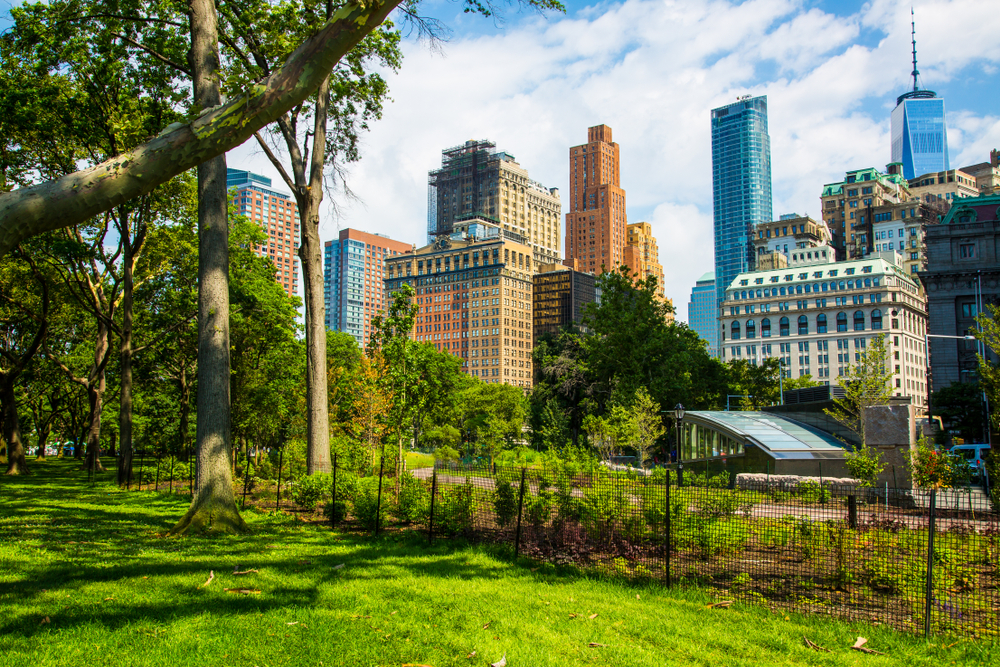
A land-lease building, also known as a residential ground lease, is a rare type of housing you may find around certain neighborhoods like Battery Park City and Lincoln Square. Land lease buildings are constructed on property that does not belong to the building owner, but instead belongs to an outside party. The building owner leases the land, and then builds on top of it. Ground leases for residential buildings usually last anywhere from 50 to 100 years.
What Kinds of Buildings Use Ground Leases?
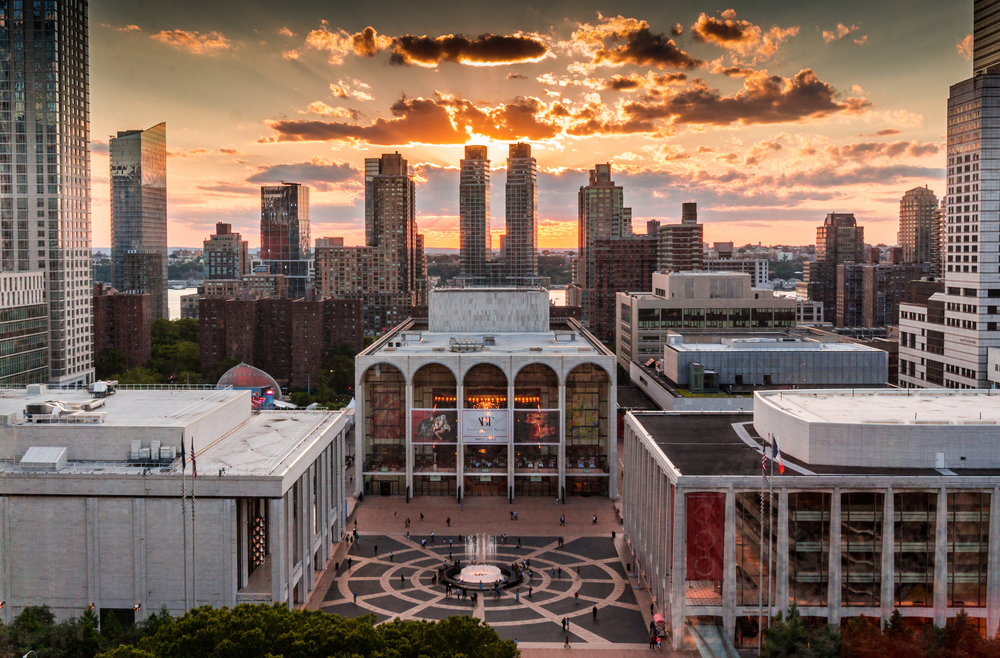
So, what kinds of buildings are usually constructed on leased property?
Typically, you will find ground leases on commercial buildings like businesses and office spaces. For example, if a brand wants to build a flagship store in NYC, they may lease a property where they can create a retail space that is tailor made to their needs instead of renting an already constructed building. This gives great flexibility and freedom to the lessee while serving as a source of passive income for the property owner.
However, ground leases are also occasionally found on residential buildings–particularly co-ops. Right now, there are approximately 100 residential ground lease co-ops in NYC. In these co-ops, the building is owned by the residents, but the land the building is on is owned by a third party to whom the co-op pays rent. The cost of the rent is divided up and passed on to the residents via their monthly maintenance fees.
Who Owns the Property?
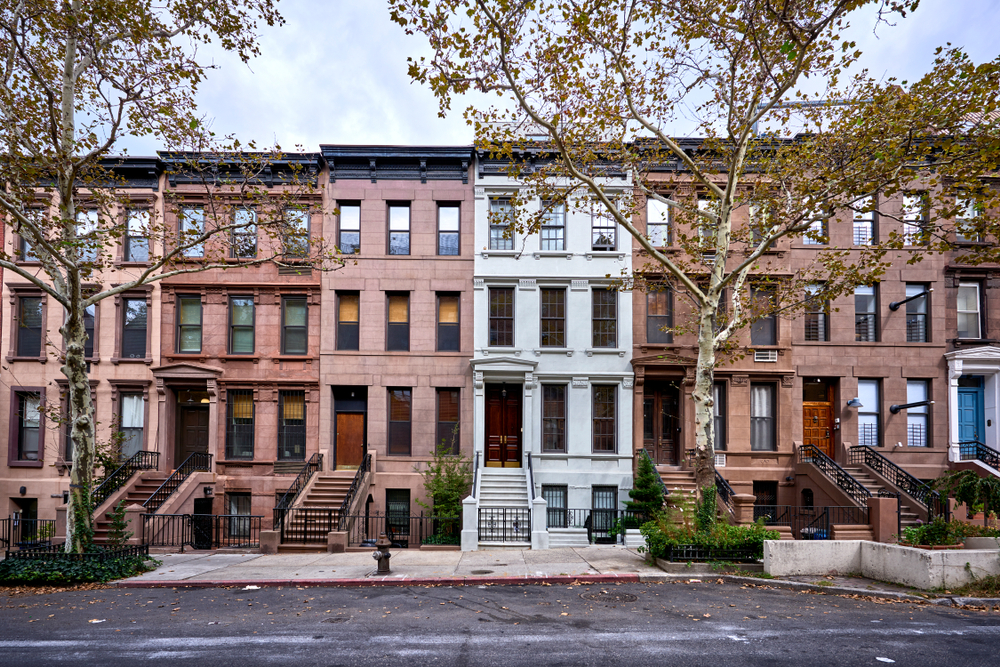
In NYC, land-lease buildings are usually built on property owned by either the city or by a nonprofit. This is why they are more common in places like Battery Park City (land owned by the Battery Park City Authority) and Lincoln Square (land owned by the city).
Nonprofit land owners are commonly churches like Trinity Church which owns a whopping $6 billion in Manhattan real estate. The Catholic church also holds a significant amount of property that they rent out as ground leases.
There are also a handful of private property owners who lease out their land to developers instead of building on the land themselves. One famous example of this was Trump Plaza–a luxury co-op that was once on a ground lease but is now owned by the building’s residents. How did this happen? And why? Well, the story of the Trump Plaza richly illustrates both the benefits and drawbacks of buying a land-lease unit.
Originally built on private, leased land, the Trump Plaza is a luxury co-op that banded together to buy the property after 32 years of renting. The reason? The cost of the lease was set to rise significantly, potentially pushing co-op members out of their homes due to exorbitant monthly fees. Considering this uncertainty and instability, why was the co-op built on leased land in the first place?
Pros and Cons of Residential Ground Leases

There are pros and cons that come with ground leases–so it is important to consider all of the factors before you purchase a unit in one of these buildings. Here is everything you need to know about the benefits and drawbacks of land-lease buildings while shopping for a new home in NYC.
Pros of Land-Lease Buildings
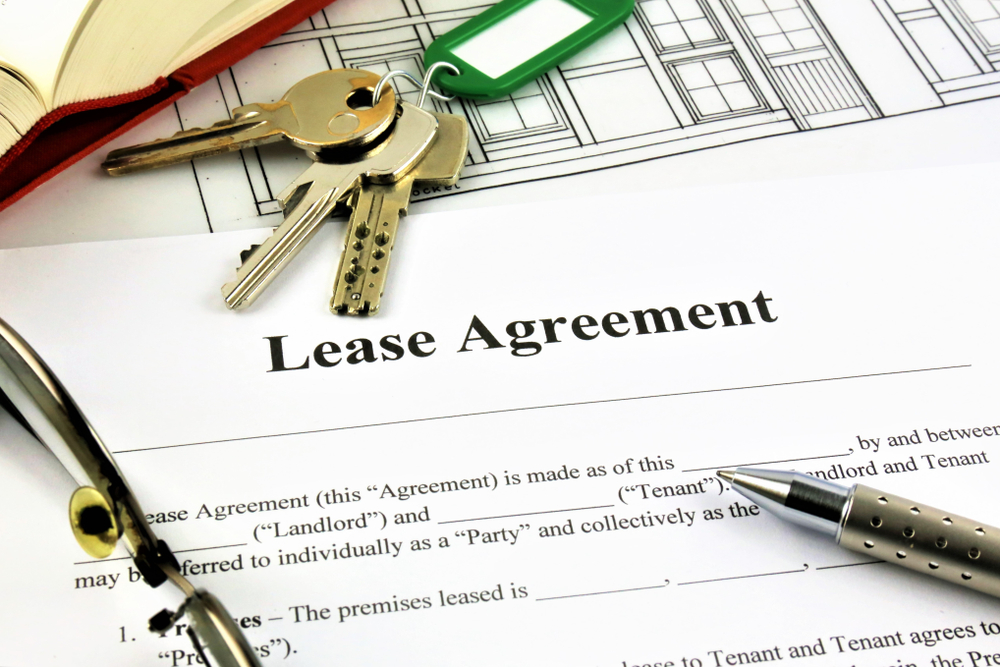
On the one hand, land-lease buildings tend to be significantly less expensive than traditional co-op or condo units based on the upfront asking price. You could save anywhere from 20 to 30 percent with a unit in a ground lease building.
You can take these savings and invest them elsewhere, putting your money into the stock market, your business, or your rainy day fund. Additionally, these savings may enable you to buy a better apartment than you could initially afford on your budget; these land lease buildings tend to be in great locations in Manhattan, and you can get more square footage for the price than in traditional co-ops in the neighborhood.
Cons of Land-Lease Buildings
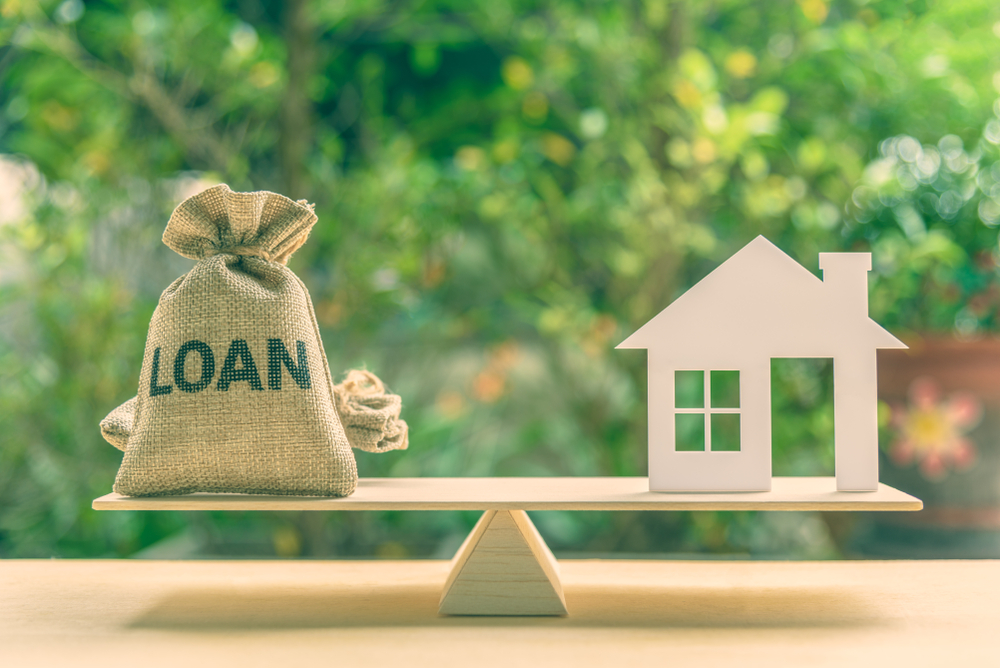
Unfortunately, these initial savings may not last. Here are the drawbacks of buying a unit built on a ground lease.
Those who live in land-lease buildings will almost always pay higher monthly maintenance fees than those living in traditional apartments. This is because the cost of the rent is divided up and passed on to the co-op members alongside the standard upkeep costs.
While traditional co-ops pay property taxes, land-lease co-ops do not. Instead, the property owner pays these taxes. While this may sound like a savings for ground lease residents, it actually costs more in the long run. This is because the property owner will consider the cost of taxes when fixing the price of the lease. Additionally, the property owner can take advantage of substantial property tax benefits–benefits that residents cannot access.
Finally, those living in land-lease buildings face the uncertainty that comes with lease renewal. While some property owners–like the city, for instance–may make it easy to renew the ground lease, private property owners may significantly raise the price, or choose to sell the land to a third party without the resident’s input. When this happens, residents can either band together to buy the land outright the way the Trump Plaza did, or they may face steep increases to their monthly fees that may drive them out of their homes.
Buying a Land-Lease Unit in NYC
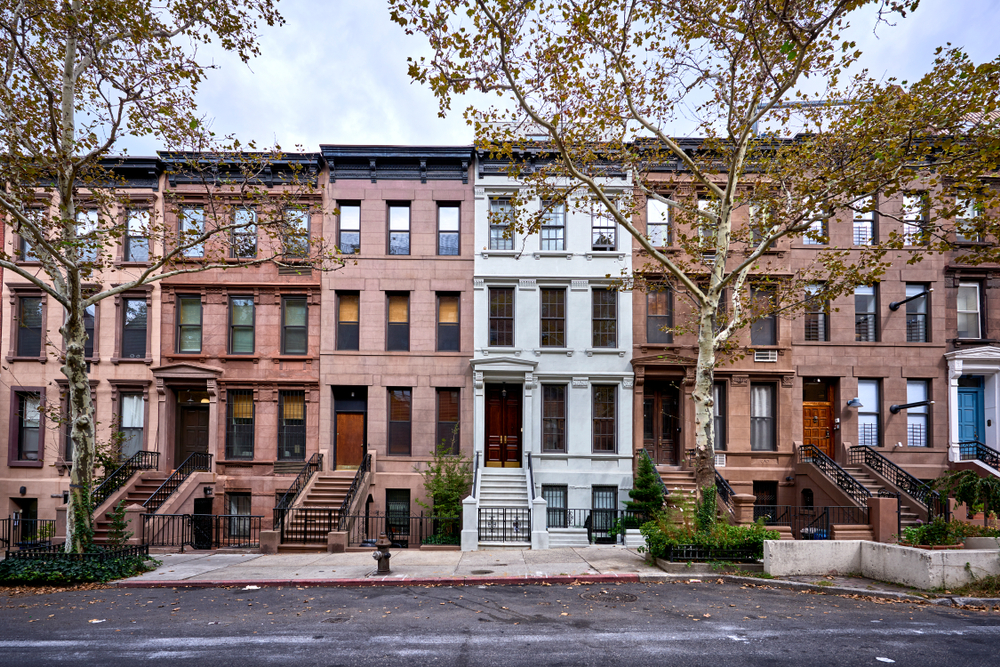
This is the uncertainty that comes with buying a unit built on leased land. However, that does not mean you need to avoid these units entirely. As long as you do your due diligence, a land-lease building can be a good option for your new NYC home. Just make sure to clearly review all of the information available on the lease agreement, the property owner, and the offering plan for your unit.
Know Your Ground Lease Agreement
First, check the specifics of the ground lease agreement–how much it costs, what happens when it goes up for renewal, and when it expires. This is an important step in understanding if a land-lease unit is a good investment for you. For example, if the ground lease will expire within the decade, then you may have difficulty selling your unit due to the uncertainty new buyers feel around imminent cost hikes. However, if your agreement has sixty more years before it goes up for renewal, then you will have an easier time setting your price and finding buyers.
Know Your Property Owner

Next, learn what you can about your property owner. This will help you better predict the risk associated with buying a land-lease unit. For example, if your building is on leased government property, then you can rest assured that it is not going to get sold to a private owner who can raise prices or even evict you. If the property owner is a nonprofit or a private entity, then you may be taking on more risk that you need to factor into your decision to buy.
Know Your Offering Plan
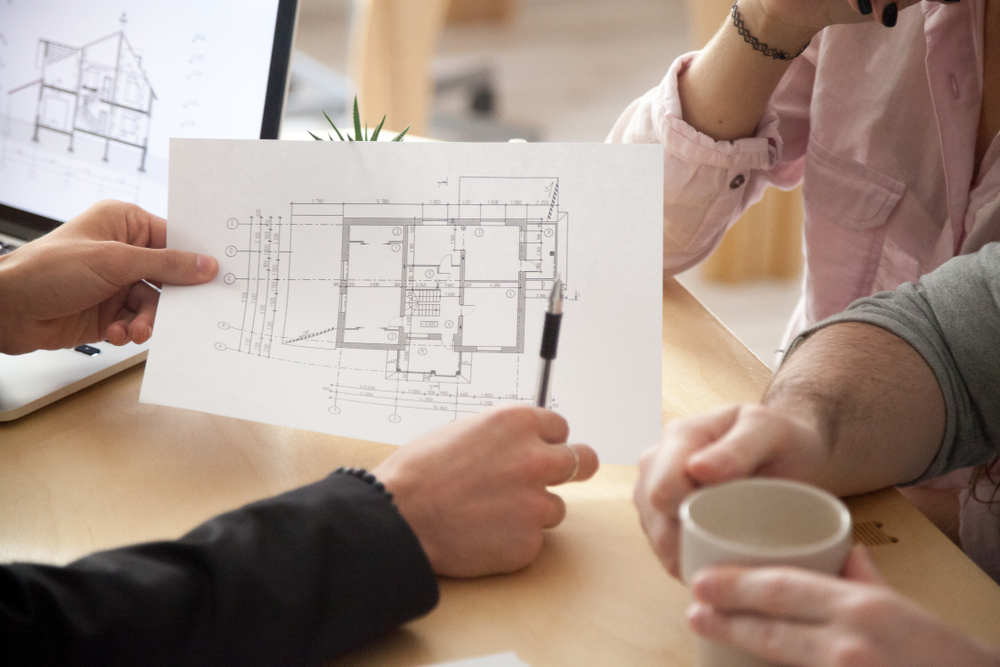
Finally, read your offering plan thoroughly. While this is a must for every NYC home buyer, those buying a ground lease unit need to carefully review the monthly fees associated with their new home. Make sure you know how much you have to pay per month, as well as what amount of your monthly fee goes towards ground lease vs. other upkeep expenses. Once you have this information, you can better assess your budget before you buy.
Find Your Residential Ground Lease Apartment Today
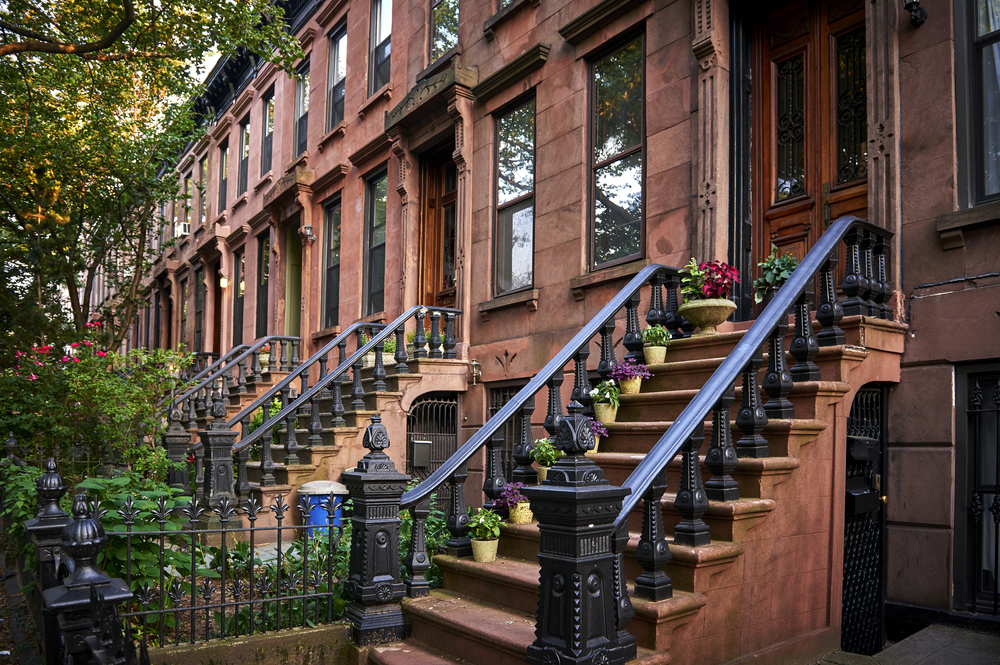
Once you have all of the information and you have decided that a ground lease apartment is right for you, it is time to find your new home.
Get Approved for Your Home Loan
You can speed up the homebuying process by getting preapproved for a home loan. Just go to your preferred lender and apply for pre-approval, submit the required documents, and wait up to a few business days. If all goes well, you should get approved to take out a certain amount in home loans, giving you a better idea of your budget and simplifying the closing process once you find the right apartment.
Search for Land-Lease Buildings in NYC on NewDevRev
Once you know your budget, start looking for land-lease buildings with units available for purchase. You can search NewDevRev’s listings for co-op apartments in neighborhoods like Lincoln Square, Roosevelt Island, and Battery Park City. If you see an apartment listed for significantly less than surrounding properties, then it may be in a land-lease building.
If you are uncertain about the status of any given property, or you just want tips on finding a residential ground lease building in NYC, we are always here to help.
Contact our new development pros with any questions about finding your perfect NYC apartment!
